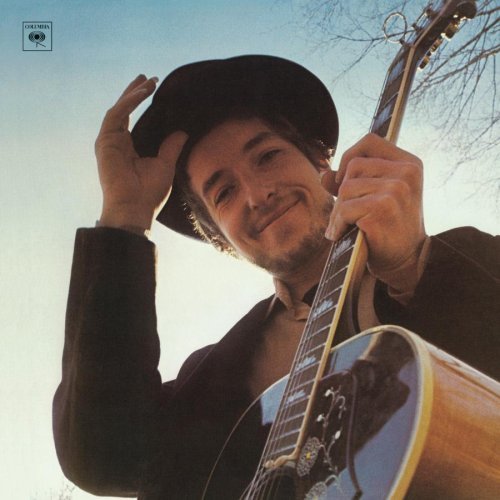Guitarist Gideon King likes to surround himself with the best of everything. Whether it’s musicians who always perform at the top of their game, or the instruments (and builders) that help facilitate his complex, Steely Dan-inspired songs, King approaches his art with the same love and affection a wine aficionado passionately swirls a 1982 Chateau Latour in a glass before sipping.
Videos by American Songwriter
On “Love Knot,” the just-released 3-song EP with his band Gideon King & City Blog, the self-taught guitarist coaxes smooth, fluid guitar tones from his boutique guitars and weaves creative chord voicings and elegant lines around the controlled, ethereal vocals from a trio of New York’s finest singers.
King follows the Steely Dan model of putting together the right musicians in the studio to record the songs he wrote. When he saw how well his 2015 release City Blog was received by listeners on Spotify and other outlets, he decided to put together a fixed band of musicians for live shows. “It’s a really special group of incredible singers- Alita Moses, Caleb Hawley and Sonny Step, along with excellent support musicians. It’s hard to find people who can sing with soul and nail three-part harmony. I’m inspired by them and the diversity of their musical input turns my music into something new.”
The band’s live shows have built a dedicated following over the past few years and featured A-list guest appearances from John Scofield, Donny McCaslin and Marc Broussard at NYC venues City Winery, Joe’s Pub and the Blue Note.
King has been surrounded by music his entire life, and his enviable guitar collection is proof of his obsession. Born and raised in Manhattan, King absorbed his family’s diverse musical tastes, which included CSNY, Jimi Hendrix, Linda Ronstadt, Barbra Streisand and classical music. Equally as influential was his brother’s jazz piano playing, which King describes as “almost bordering on a prodigy” level.
King approaches songwriting without regard to genre, focusing instead on harmony and lyric first.
“I can listen to Neil Young and get so much out of his D-C-G songs. Then I can listen to Stevie Wonder and hear all kinds of harmonic directions or Steely Dan with endless sus chords and fascinating harmonies. And listening to Wayne Shorter taught me you don’t have to follow conventional chords to write something beautiful. So, my chord changes are all over the map and influenced by a variety of approaches. They’re not always 2-5-1 changes.”
Lyrically, King draws inspiration from songs that don’t follow the traditional, linear format. “I try to hang together a series of abstractions, images and concepts that people can listen to and hopefully project their own narrative onto it. I don’t feel the need to tell a specific linear story in a lyric. That’s what is so great about Steely Dan or Bob Dylan.”
“I want the lyrics to give rise to some thinking and pique some interest. But I don’t feel the need to tell a story about how I went out with a woman and then broke up with her and wrote a song about it.”
King admires the “angry creativity” of gifted players like John Scofield, Van Halen, Pat Metheny, Wes Montgomery, Peter Frampton and Kurt Rosenwinkel but also has a deep appreciation for the softer, sensitive nuances of the fingerpicking styles of James Taylor and Bob Dylan. “You just need some degree of obsessive curiosity” to want to learn different playing styles.
His own playing has evolved into primarily playing without a pick. “I haven’t used one in years. What you compromise in sheer speed you pick up with more interesting lines and intervals. You can do more interesting things.”
King favors boutique guitar builders including Buscarino, Marchione and Traphagen for the devotion they put into their craft. Luthier John Buscarino is “an adventurous, beautiful intelligent craftsman,” King said. “One really good custom-made guitar from a luthier is worth ten guitars from a big-name manufacturer. There’s something personal about it. I’m a luthier freak, way into it.”
A tone chaser, King has used and owns several boutique amps but has come up with what he feels is his sound for live performances, opting for the Line 6 Helix with amp simulation plugins. “By the time you factor in the venue’s room and frequencies it never sounds the same. So many things in the signal chain subvert the authenticity of a tube amp. I come out of the Helix into a flat frequency monitor. If you spend the time with them and suffer for months, you can produce sounds that are so beautiful. It’s not romantic but it’s consistent and reliable.”
“If you consistently try hard to make good music, you’ll find your followers. You might not appeal to all styles but there are people out there who truly love music.”










Leave a Reply
Only members can comment. Become a member. Already a member? Log in.